I met with Sue Adams, the Technology Integration and Support specialist at West Glocester Elementary School where I am the Library Media Specialist, to go over some of the information I gained from the Navigating Our Digital Lives workshop I attended back in March. The focus of that workshop was on teaching our students what they need to know to be effective and efficient users of digital tools in their schools and personal lives. The emphasis was on digital citizenship. One of the sources of instructional material brought out at this workshop was Common Sense Media. Sue was familiar with this resource. We discussed the need to come up with a coordinated effort to teach these skills to our K - 5 student body. Our conversation, however, drifted to another area of instructional need. Not only do we lack a consistent program in digital citizenship, but there are many holes in our overall program in both computer instruction and library in the area of informational writing. So we came up with a preliminary plan to evaluate and improve our program..
The first step we decided on was to share and compare our curriculum plans so that we can see where we overlap or where the holes might be. Then we can begin to form active collaborations with each other. We envision providing a two-prong support, by combining our two disciplines, to provide the necessary skills for the research and informational writing projects which the classroom teachers assign. Working together we can come up with a joint curriculum which is integrated and spiraling from grade to grade.
Next we will look at what technology tools each grade needs to meet the teacher’s goals for writing and research. We will also consider the informational or organizational tools needed for the same. Wherever possible we will dovetail our instruction with the classroom teacher to help ease the instructional load of the teacher. If the teacher has no project(s) in mind that will meet our instructional goals then the two of us will collaborate to create a project that will meet the needs. By working together we will be able to provide ample class time for teaching these important and complementary skills.
Another offshoot of this plan is to lay out a progressive plan for the various skills we want to teach, from K through grade 5, so that students become increasingly confident of the process and know how to effectively use these skills. This would apply to the practical computer use skills, information organization, research writing, citing sources, presentation format and skills, as well as digital citizenship. Built-in repetition and incremental introduction of new skills throughout the years will help establish these skills.
Our conversation generated a lot of enthusiasm in both of us as we begin to tackle this collaboration and build the kind of integrated support our students need to function well in this digital world.
